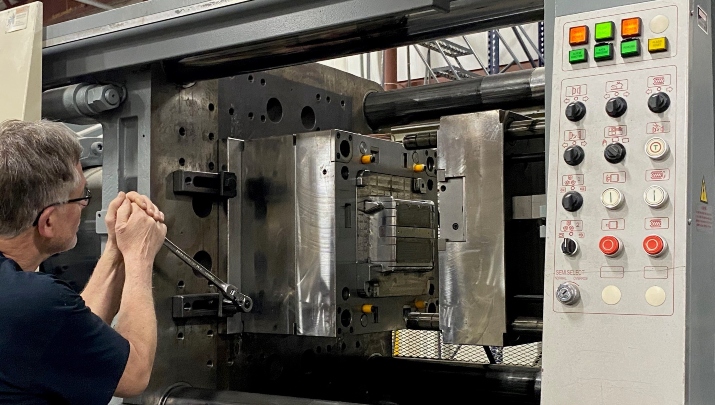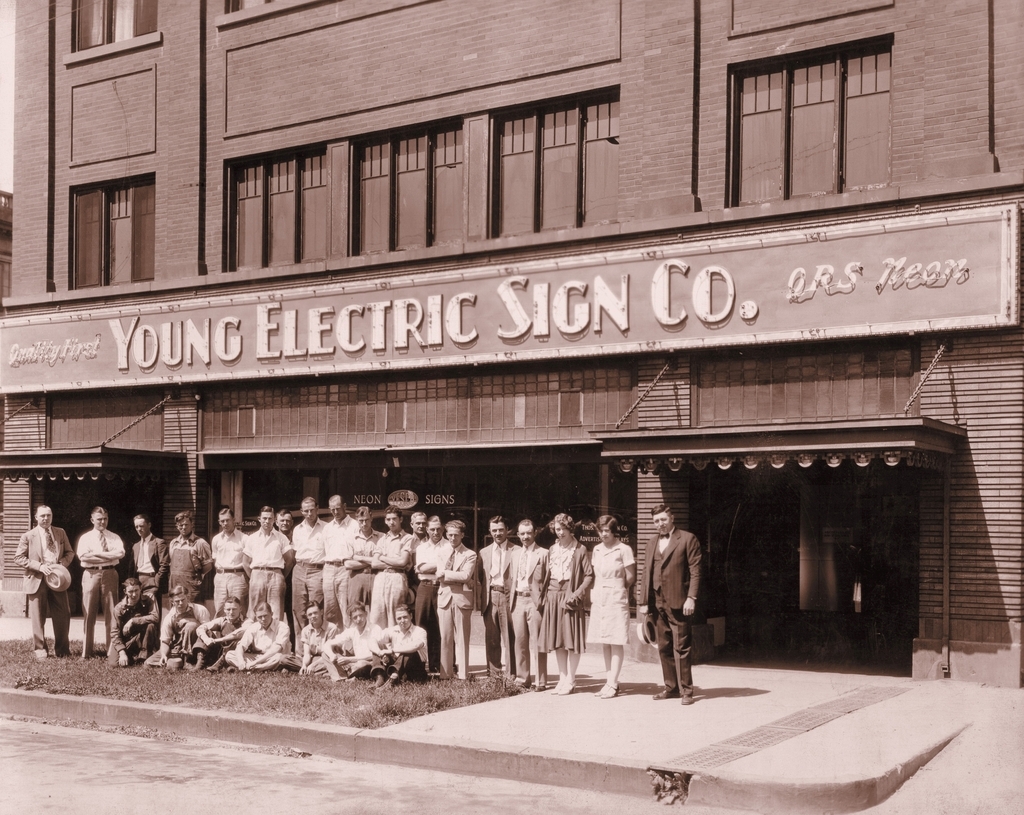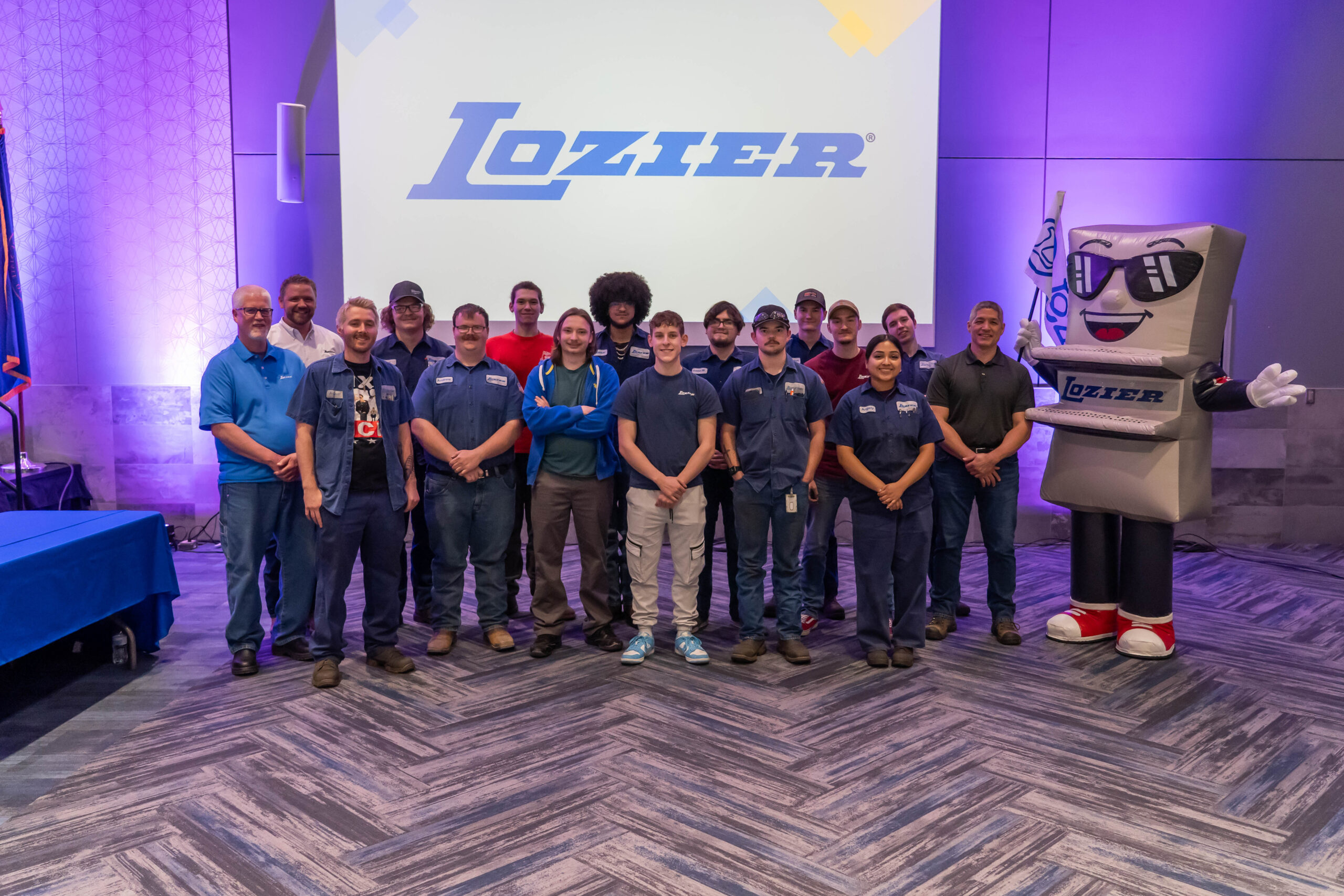

Finding Room for Innovation in an Age-Old Industry
- Chuck Turner
- Turner Dairy Farms
When you are selling a product that has been around for 4,000 years, it’s sometimes hard to see yourself as innovative. But even when your product–in this case milk–doesn’t evolve much, there is plenty of room for innovation in your processes and your business.
The milk business is a low-margin, commodity-based business that is highly regulated. Therefore, it can often seem like the right move to constantly look for ways to lower prices just a little, take some business from the competition, and drive volume up to increase your margin. But in my time as President of Turner Dairy Farms, I’ve learned that the seemingly ‘safe’ path is not always the best. As an Evergreen® business that is willing to innovate, pivot, and try new things, we have continued to grow and thrive since we were founded 92 years ago. In many cases, we’ve had to resist the urge to reach for what seems like the obvious answer because, just as often, it turns out it is not the best.
The first mistake many in our industry make is cutting corners and sacrificing taste. In the food industry, the results of customer surveys consistently tell the same story; the number one reason a consumer buys a food or beverage item is taste. Always. As soon as you start looking to cut corners, taste suffers and any advantage you may have gained evaporates. If your product doesn’t taste good, even at a lower price, customers won’t stay loyal.
A great example of this is chocolate milk. One of our biggest markets for chocolate milk is schools. A number of years ago, we had a competitor who gave us a lot of trouble because their prices were so low. They were winning a lot of school contracts. One day, we were doing a taste cutting of the chocolate milk brands in our market, which we do often, to make sure Turner’s Milk always tastes the best. The one from our competitor, who was beating us in the schools, came out of the carton and into the cup and it wasn’t even brown. It tasted awful and we couldn’t believe anyone would market that product!
Right as we were doing our taste-test, our chocolate supplier happened to stop by. We didn’t know it, but he was selling that substandard chocolate to our competitor. He didn’t say anything to us at the time, but he went home and talked his family into discontinuing that low-end product. This is an example of compromising values, and when you do, it eventually damages not only your relationships with your customers, but also with your suppliers and industry partners.
Another risk in our industry is customer boredom. Dr. John Stanton, Professor of Food Marketing at St. Joe’s, says that “the milk case is the great white tundra of the supermarket because it’s cold, white and nothing ever changes”. We accepted his challenge a few years ago and started playing with Limited Time Offerings (LTOs) on flavored milk–flavors like Chocolate Peanut Butter, Cookies N Cream, Chocolate Covered Strawberry and Birthday Cake! Initially, we made these to coincide with the big holidays. They were a hit, so we added some more at different points in the year. It was expensive and unpredictable, and we were always guessing about the demand and the supply we would need. Aside from creating little boosts in our sales periodically throughout the year, it did something else really positive; all of a sudden, customers had a reason to stop in front of the milk section. Imagine that! We found that sales of white and chocolate milk increased when we offered a fun flavor. An area of the store that historically held few surprises suddenly caught their attention and offered a novelty.
The LTO initiative was such a success that we have since brought it to the schools. We partner with the school nutrition teams to bring in a low-fat version of our best flavored milks a few times a year, just when interest in school lunch is waning, and kids are falling into a slump. A month or so into the fall semester, for example, when the excitement of going back to school has died down and routine sets in, we bring in a new milk like Cookies ‘n Cream. It’s fun, it’s different, and it gives them a little boost. Although we don’t charge our schools more for this milk, and you could therefore argue it’s not a very smart initiative, we have found that on at least two fronts it’s a win. First, the schools love it, and we win more contracts. Second, we are forging a relationship with kids who will, before we know it, become young adults and young parents. They are our future customers, and they will know and trust us and keep coming to us when the choice is theirs to make.
To be successful for 100 years we make different choices than we would if we only aimed to be successful for this year. When we shift the lens from the consumer to the employee, we feel strongly that many compromises that might save us money are not worth the cost. As an Evergreen business, we pride ourselves on taking great care of our employees, treating them like family, paying them a better wage than our competitors, and making sure they feel valued. Some of our huge, industrialized competitors run shifts 24 hours a day. We do not. We run one long shift each day so that we have the margin to do things right when problems arise. We are a medium sized operation, so our competitive advantage does not live in the high efficiency of the larger industrial dairies. Rather, it lives in the high quality of the personal attention to detail.
In the last ten years, the milk industry as a whole has only seen one year of sales volume growth, but Turner Dairy Farms has grown eight of those same ten years. As an Evergreen company, quality and values matter more than anything else. Obviously, we must be profitable to stay in business, but we focus first on protecting our constituents, and then on protecting the bottom line. Over the years, this strategy has been the key to our long-term success and growth.
More Articles and Videos

Fireside Chat with Dave Thrasher, Dan Thrasher, and Dave Whorton
- Dave Thrasher, Dan Thrasher, & Dave Whorton
- Supportworks and Thrasher Group

Get Evergreen insight and wisdom delivered to your inbox every week
By signing up, you understand and agree that we will store, process and manage your personal information according to our Privacy Policy






